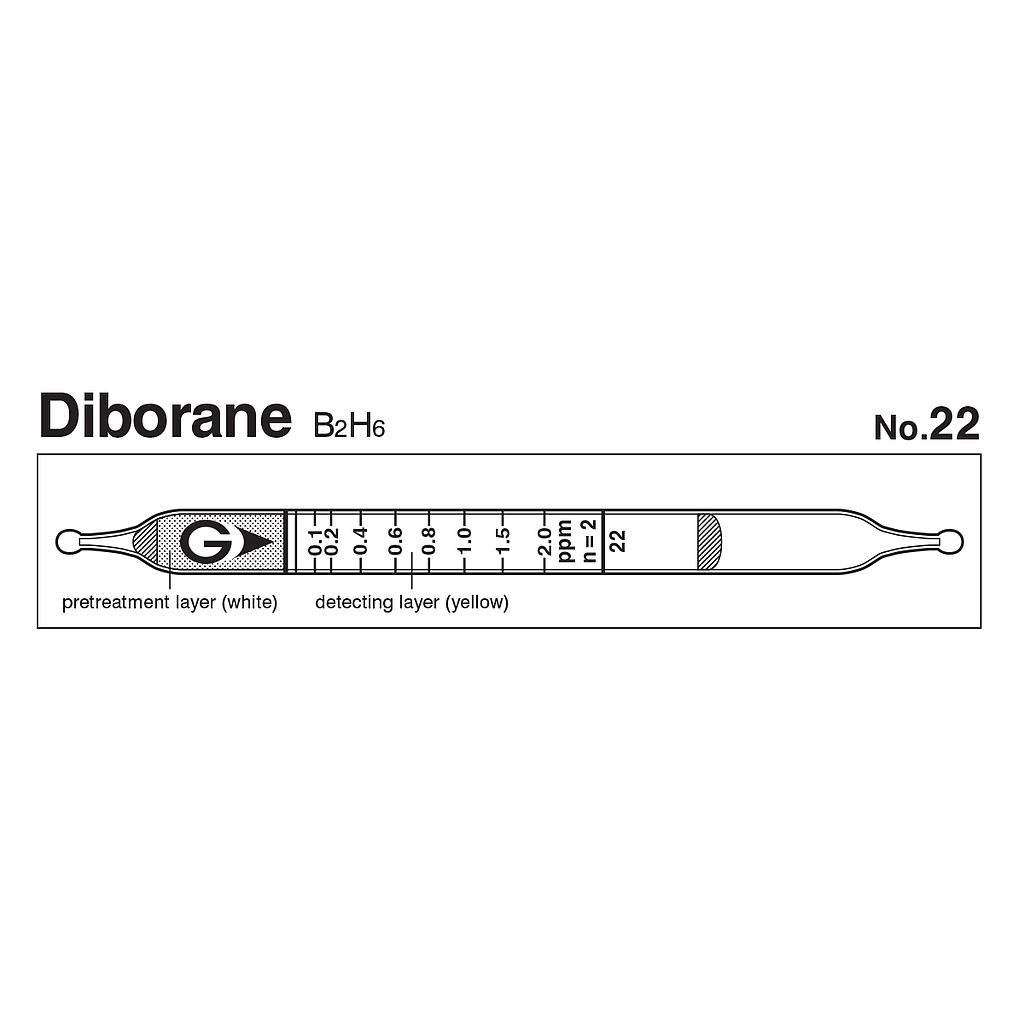新加坡 EMIN 公司
地址: 18 Dunsfold Drive Singapore 359380
电话: + 84916508932 传真: +65 67258365
邮箱: sales@emin.asia; 网址: https://emin.asia
缅甸 EMIN 有限公司
地址: No. (511/B), Waizayantar Road, 4 Ward, South Okkalapa Township, Yangon 11091, Myanmar
电话 : +959782793523, +959955678481 ; 网址: https://emin.com.mm
EMIN LAO SOLE Co.,LTD
地址: Room 701 at 7th Floor, Vietinbank Building, 286 Lanexang Road, Hatsadinua, Chanthaboundly, Vietiane Capital, Lao PDR
电话: 020 95658555 ; 020 52525165
邮箱: sales@emin.com.la; 网址: https://emin.com.la
PT. EMIN Indonesia
地址: Graha Irama Building, 6th Floor, Block A, Ji.HR Rasuna Said Blok X-1, Kav 1-2m Kuningan, Setiabudi, South Jakata, Indonesia, 12950
邮箱: sales@emin.asia
网址: https://emin.co.id

